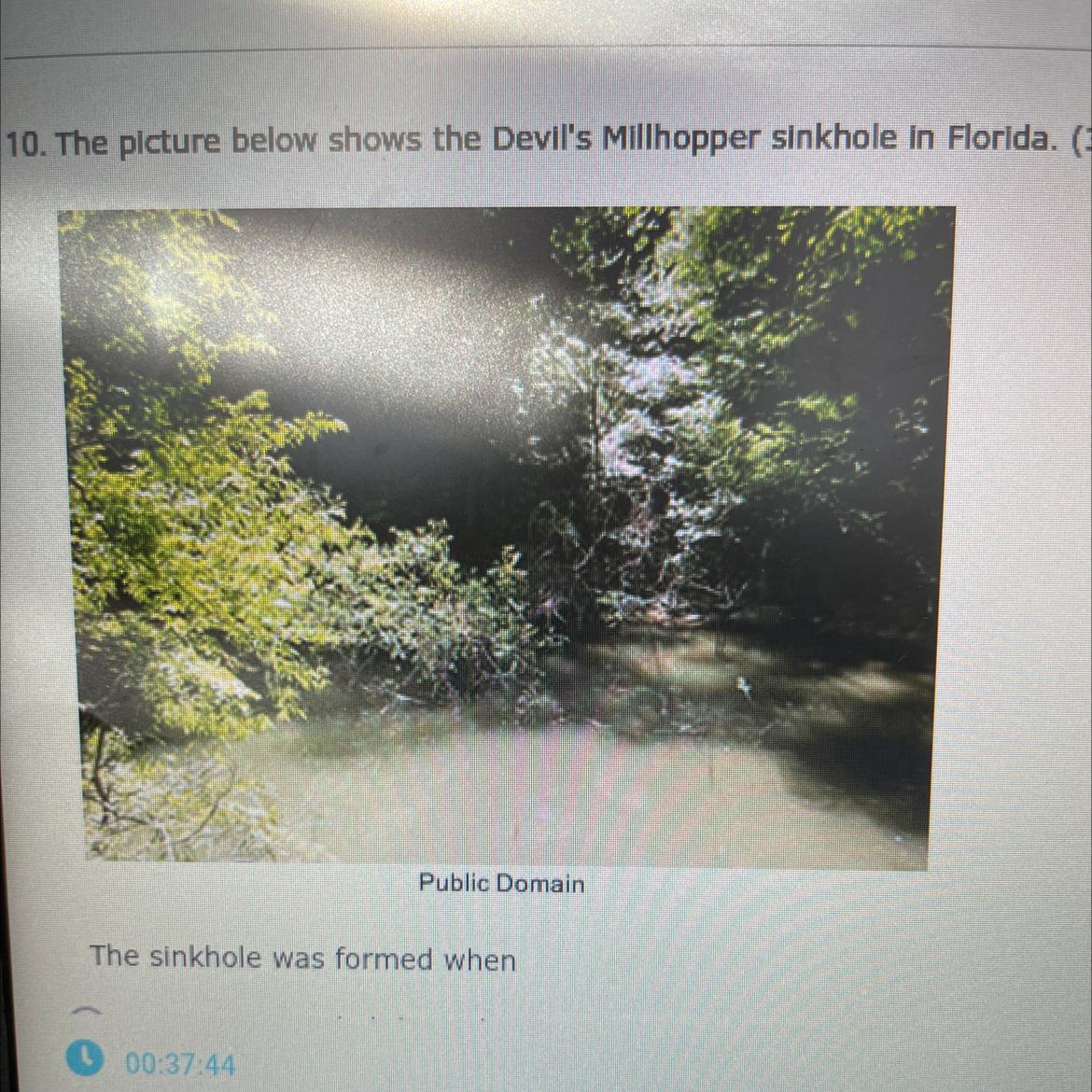Protein digestion begins in the ________; fat digestion begins in the ________. Stomach; small intestine Mouth; stomach Esophagus; stomach Small intestine; small intestine Small intestine; large intestine
-
Subject:
Biology -
Author:
dakotayb2k -
Created:
1 year ago
Answers 3
Answer:
Protein digestion begins in the mouth
Fat digestion begins in the stomach
-
Author:
christian19
-
Rate an answer:
6
Once a protein supply reaches your stomach, hydrochloric acid and enzymes referred to as proteases spoil it down into smaller chains of amino acids. Amino acids are joined collectively through peptides, that are damaged through proteases.
Fat digestion starts offevolved withinside the stomach. Some of the byproducts of fats digestion may be immediately absorbed withinside the stomach. When the fats enters the small intestine, the gallbladder and pancreas secrete materials to in addition spoil down the fats.
What is digestion?The approaches of digestion encompass six activities: ingestion, propulsion, mechanical or bodily digestion, chemical digestion, absorption, and defecation. The first of those approaches, ingestion, refers back to the access of meals into the alimentary canal thru the mouth.
Thus it is well explained.
-
Author:
mccann
-
Rate an answer:
5
AI generated Answer
-
Rate an answer:
0
Do you know an answer? Add it here!
Unable to find an answer to your question?
Don't worry! There are several alternative approaches you can try to resolve your query. Here are some tips to help you find answers in different ways:
- Reframe your question: Sometimes, the way you phrase your question can limit your search results. Try rephrasing it using different keywords or providing more context to get better results.
- Utilize social media: Post your question on social media platforms, particularly those focused on professional or specialized topics. Twitter, LinkedIn, and Facebook groups can connect you with individuals who may have relevant expertise or experiences to share.
- Consult subject matter experts: Reach out to experts in the field related to your question. Many professionals are willing to help and share their knowledge. You can connect with them through email, LinkedIn messages, or by attending relevant conferences or events.
- Use our website to find your question through the search box above, or you can sign up to ask your question for our big educational community. Our experts will review your question, and you will get a quick and quality answer.
- Collaborate with others: If your question is related to a specific project or problem, consider collaborating with others who might have complementary skills or knowledge. Teamwork can lead to innovative solutions and shared insights.
Remember, the process of finding answers often involves persistence, creativity, and an open mind. By exploring various resources, reaching out to others, and being proactive in your search, you increase your chances of finding the information you need. Happy quest for knowledge!

